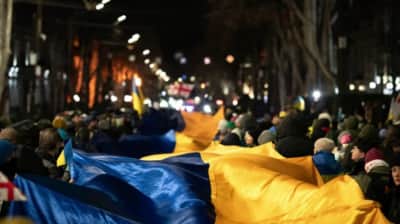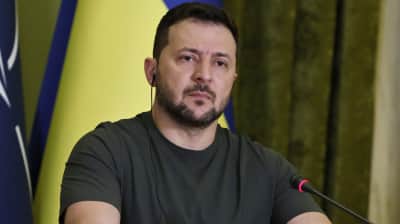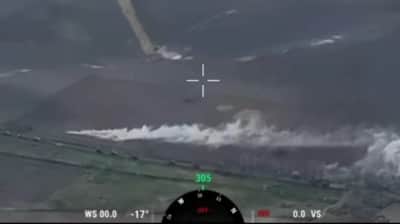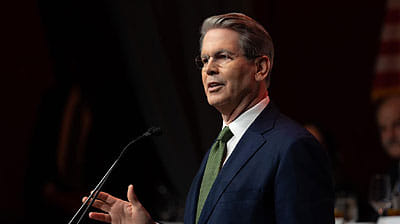Baltic states concerned over potential ceasefire in Ukraine, FT says
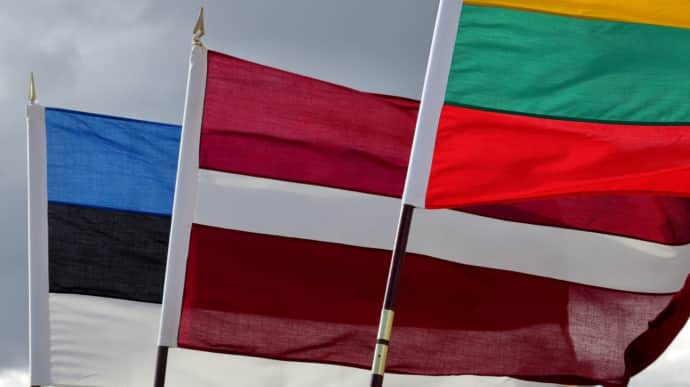
Defence ministers from the Baltic states have warned that a ceasefire in Ukraine would significantly increase the security threat to their region.
Source: Financial Times, as reported by European Pravda
Details: Estonia, Latvia and Lithuania are concerned that Moscow will not stop at Ukraine once a ceasefire agreement is signed by the Trump administration. The Baltic states point out that the Kremlin has already outlined plans to ramp up military production and deploy additional troops along their borders.
"We all understand that when the war in Ukraine will be stopped, Russia will redistribute its forces very quickly. That means also the threat level will increase significantly very quickly," Estonian Defence Minister Hanno Pevkur told the FT.
His Lithuanian counterpart, Dovilė Šakalienė, made similar statements while in the United Kingdom earlier this week.
"Let’s not lie to ourselves that Russia is going to be done after Ukraine. Russia will use this time following a ceasefire to speed up its military capabilities. They already have a huge, battlefield-trained army, which is going to get even bigger," she said.
A cessation of hostilities would give Russia the opportunity to create a 1.5-million-strong army and add an entirely new army corps in the north, doubling the number of troops near Finland and the Baltic states. Pevkur noted that of the 600,000 Russian troops currently in Ukraine, 300,000 would likely be redeployed.
"These men will not go back to different parts of Russia to harvest the corn or do something else because the salary they are getting in the army is like 5 to 10 times more than what they could get in their hometown," Pevkur said.
The Baltic States are particularly concerned about the large-scale Zapad military exercises, which will take place this autumn near their borders in Russia and Belarus. These exercises, held every four years, simulate a conflict with NATO countries and involve tens of thousands of troops, tanks, aircraft and artillery.
Pevkur and Šakalienė also warned against the redeployment of NATO troops from their countries to form a so-called European "reassurance force" that would be sent to Ukraine as a means to deter Russia from further aggression.
NATO's eastern flank countries, including Poland and Romania, have stated they cannot assume commitments to deploy forces in Ukraine at the expense of their own security. Estonia also opposed the United Kingdom’s plans to redeploy British troops to Ukraine that were originally intended for the defence of the Baltic States.
Background:
- Germany's Federal Intelligence Service (BND) and the country's armed forces estimate that Russia views the West as a systemic enemy, is building up its military power and preparing for a large-scale confrontation with NATO.
- Recently, NATO Secretary General Mark Rutte promised a devastating response to Russian ruler Vladimir Putin for an attack on Poland or any other NATO member state.
Support Ukrainska Pravda on Patreon!
